Science & Society
Sign up for our newsletter
We summarize the week's scientific breakthroughs every Thursday.
-
 Tech
TechWhen it comes to self-driving cars, what’s safe enough?
Even as unmonitored self-driving cars take to the streets, there’s no consensus about how safe is “safe enough” for driverless vehicles.
-
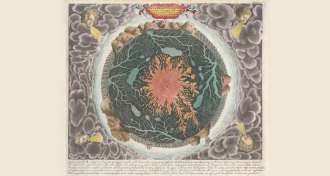 Science & Society
Science & SocietyA new map exhibit documents evolving views of Earth’s interior
"Beneath Our Feet" puts maps on display to show how people have envisioned and explored Earth’s subsurface.
-
 Science & Society
Science & SocietyIn science, some big risks are worth the rewards
Acting Editor in Chief Elizabeth Quill says scientists sometimes take risks that can lead to significant rewards and important discoveries.
-
 Science & Society
Science & SocietyReaders inspired by SN 10 scientists’ research
Readers wanted to know more about the scientists' research who were profiled in "The SN 10: Scientists to watch."
-
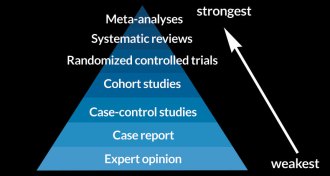 Science & Society
Science & SocietyPhilosophical critique exposes flaws in medical evidence hierarchies
Rankings of research methods for validity of medical evidence suffer from logical flaws, an in-depth philosophical critique concludes.
-
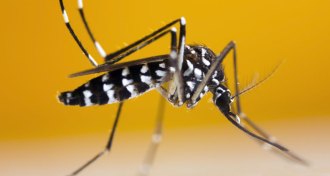 Animals
AnimalsEPA OKs first living pest-control mosquito for use in United States
Feds approve non-GM male tiger mosquitoes for sale as fake dads to suppress local pests.
By Susan Milius -
 Animals
AnimalsGreat praise for categories, and seeing beyond them
Acting Editor in Chief Elizabeth Quill discusses classification and some of the challenges of putting species in categorical boxes.
-
 Science & Society
Science & SocietyTrauma surgeon studies gun violence stats — and was one
Joseph Sakran is trying to help counter the U.S. epidemic of gun violence with data.
-
 Climate
Climate‘Killer Hurricanes’ reconstructs the past to predict storms of the future
Geologists find clues to the future of deadly hurricanes, written in stone and sand, in the new NOVA documentary “Killer Hurricanes.”
-
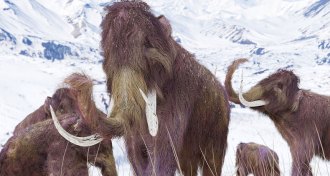 Genetics
GeneticsResurrecting extinct species raises ethical questions
'Rise of the Necrofauna' examines the technical and ethical challenges of bringing woolly mammoths and other long-gone creatures back from the dead.
-
 Science & Society
Science & SocietyConspiring with engineers helps make science great
Acting Editor in Chief Elizabeth Quill says the passion to acquire knowledge and apply it lives in both engineers and scientists.
-
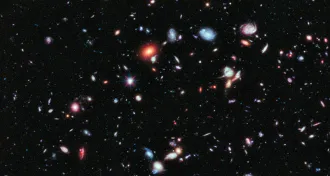 Science & Society
Science & SocietyAn American astronomical evangelist coined the phrase ‘island universe’
Ormsby MacKnight Mitchel, a Civil War general nicknamed ‘Old Stars,’ first used ‘island universe’ in his monthly astronomy magazine.